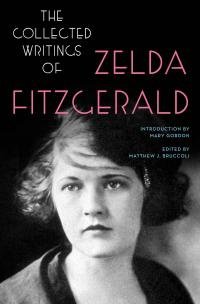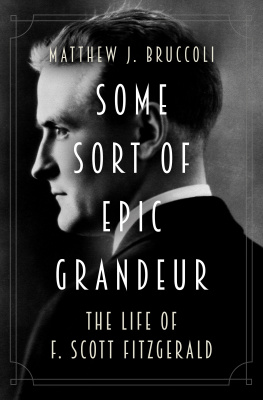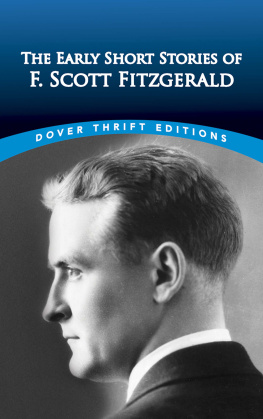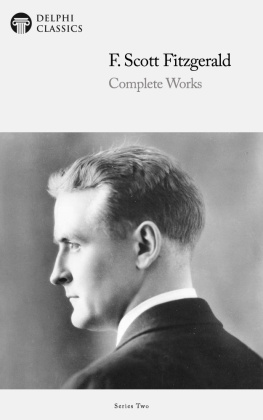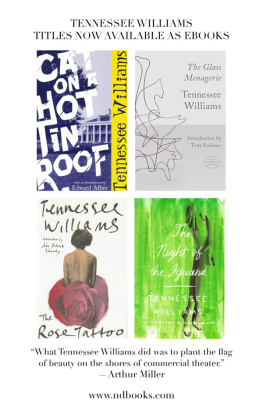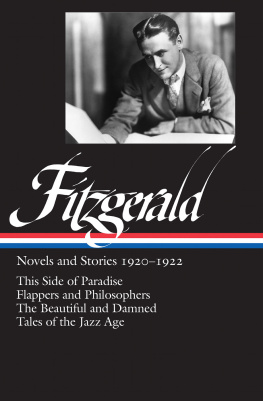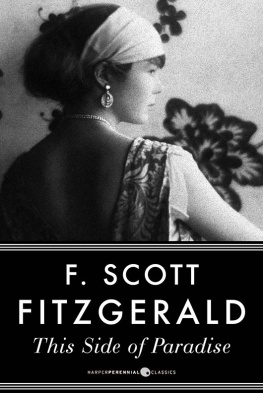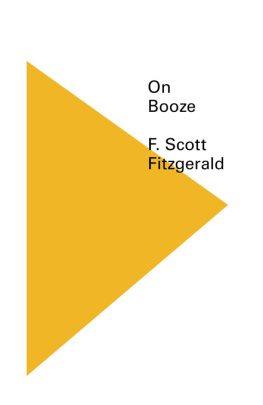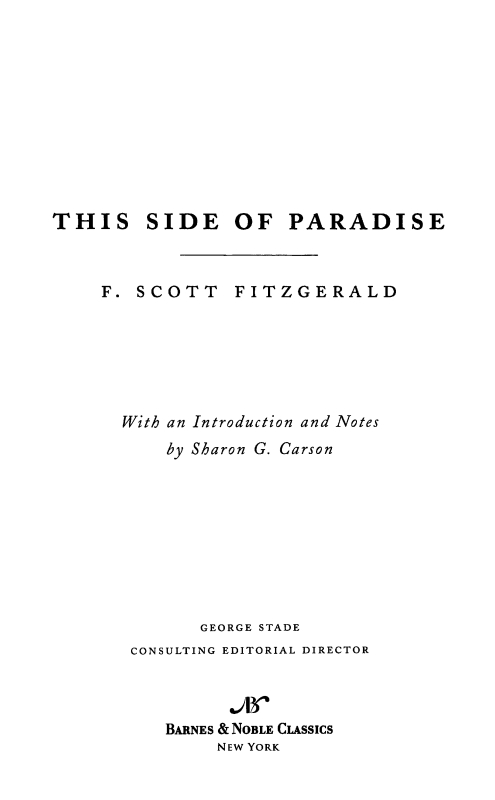
Table of Contents
FROM THE PAGES OF
THIS SIDE OF PARADISE
I want to go to Princeton, said Amory. I dont know why, but I think of all Harvard men as sissies, like I used to be, and all Yale men as wearing big blue sweaters and smoking pipes. (pages 24-25)
He was resentful against all those in authority over him, and this, combined with a lazy indifference toward his work, exasperated every master in school. (page 27)
DInvilliers was partially taken in and wholly delighted. In a good-natured way he had almost decided that Princeton was one part deadly Philistines and one part deadly grinds, and to find a person who could mention Keats without stammering, yet evidently washed his hands, was rather a treat. (page 48)
Youve just had your eyes opened to the snobbishness of the world in a rather abrupt manner. Princeton invariably gives the thoughtful man a social sense. (page 78)
Hes the first contemporary Ive ever met whom Ill admit is my superior in mental capacity. (page 121)
All life was transmitted into terms of their love, all experience, all desires, all ambitions, were nullifiedtheir senses of humor crawled into corners to sleep; their former love-affairs seemed faintly laughable and scarcely regretted juvenalia. (page 175)
Its justus. Were pitiful, thats all. The very qualities I love you for are the ones that will always make you a failure. (page 181)
Any rich, unprogressive old party with that particularly grasping, acquisitive form of mentality known as financial genius can own a paper that is the intellectual meat and drink of thousands of tired, hurried men, men too involved in the business of modern living to swallow anything but predigested food. For two cents the voter buys his politics, prejudices, and philosophy. (page 201)
Probably more than any concrete vice or failing Amory despised his own personalityhe loathed knowing that to-morrow and the thousand days after he would swell pompously at a compliment and sulk at an ill word like a third-rate musician or a first-class actor. (page 242)
YesI was perhaps an egotist in youth, but I soon found it made me morbid to think too much about myself (page 243)
He found something that he wanted ... not to be admired, as he had feared; not to be loved, as he had made himself believe; but to be necessary to people, to be indispensable; he remembered the sense of security he had found in Burne. (page 247)
Very few things matter and nothing matters very much. (page 247)
Im restless. My whole generation is restless. Im sick of a system where the richest man gets the most beautiful girl if he wants her, where the artist without an income has to sell his talents to a button manufacturer. (page 256)
I know myself, he cried, but that is all. (page 261)
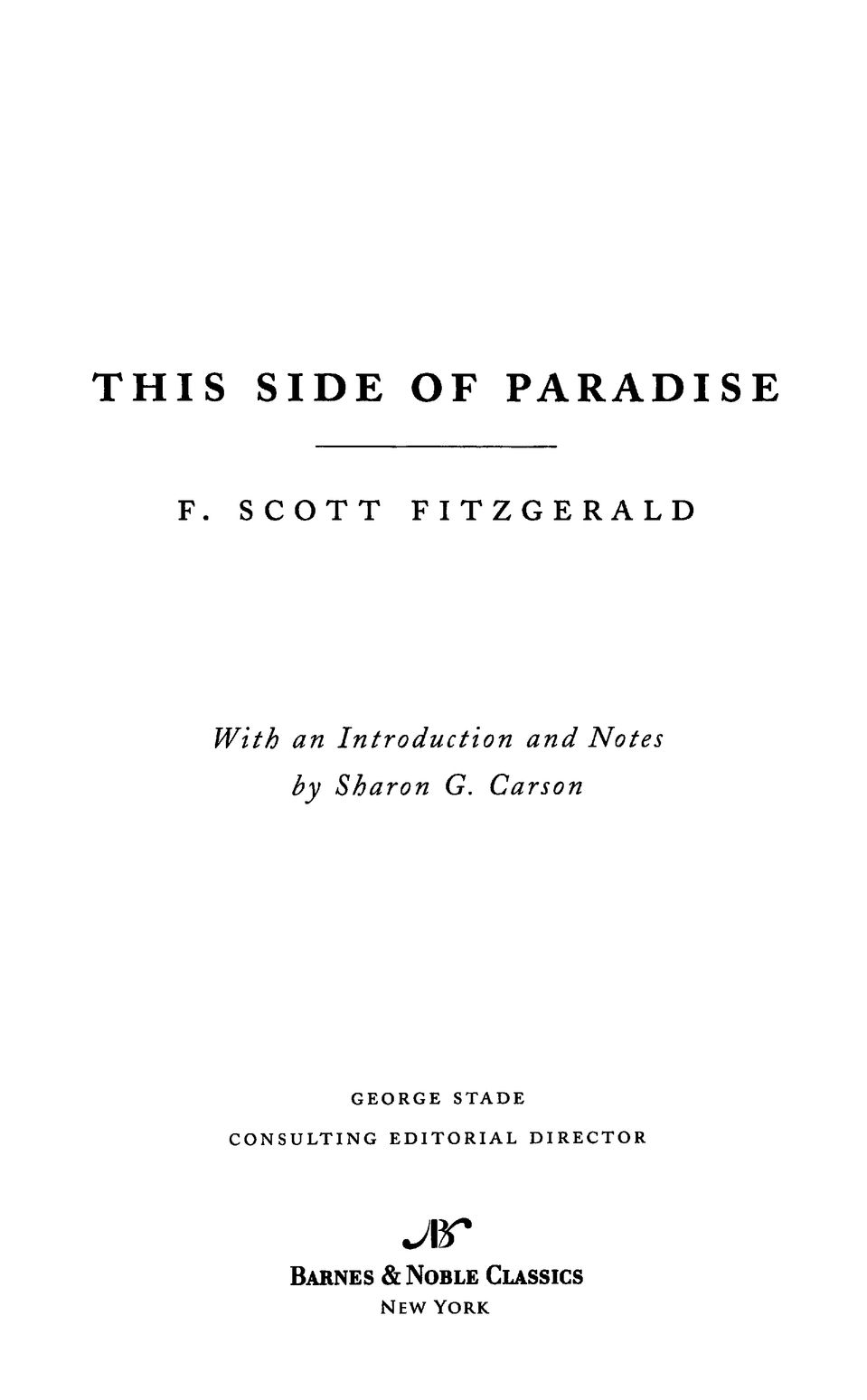
F. SCOTT FITZGERALD
Francis Scott Key Fitzgerald was born in St. Paul, Minnesota, on September 24, 1896, to Edward and Mollie McQuillan Fitzgerald. His father was an unsuccessful businessman who came from an old family with roots in Maryland. His mother was the daughter of an Irish immigrant who built a successful wholesale grocery business in St. Paul. Scott was named after his fathers distant cousin, the author of the Star-Spangled Banner, and his mother was proud of the family connection to the Keys. Before Scott reached school age his fathers wicker furniture factory had failed, and the family moved to upstate New York to follow Edwards sales job with Proctor and Gamble. In 1908 Edward lost his position, and the family moved back to St. Paul; from that point on McQuillan money supported them.
At a young age, Scott showed a talent for writing: At thirteen he published his first story in his school journal. And while studying at an elite Catholic prep school in New Jersey he published three stories and wrote several plays. Fitzgerald enrolled in Princeton University in 1913, where he contributed to campus magazines and wrote scripts and lyrics for campus musicals. His devotion to extracurricular activities forced him to leave Princeton because of poor grades. After America entered World War I, he enlisted in the army; while stationed at a military camp in Kansas, he began writing The Romantic Egotist, his first novel.
Discharged from the army after the war (having never seen active service), Fitzgerald revised his novel and renamed it This Side of Paradise; it was published by Charles Scribners Sons in 1920. That same year Scott married the willful, unpredictable Zelda Sayre, whom he had met in 1918 after being transferred to an army base in Alabama. Fitzgeralds first novelimmensely popular with the war generationbrought him instant fame, although many critics of the day debated its literary merits. He quickly developed notoriety as a carouser and a playboyimpressions he did little to diminishbut his reputation for heavy drinking and continual partying belied his writerly discipline, as evidenced by meticulous revisions of his novels and the numerous short stories he wrote throughout his life. In 1922 he followed his successful debut as a novelist with The Beautiful and Damned, a tale about a couple whose lives end in dissipation while they sue for a large inheritance. With his early works Fitzgerald explored a theme he would return to repeatedly: the effects of wealth and power on the people who possess them.
Scott and Zelda and their daughter, Scottie, lived a peripatetic life for many years, settling in Europe for periods and then residing in America. In Paris Fitzgerald met Ernest Hemingway and other American expatriate writers whom Gertrude Stein was to dub the lost generation.
In 1925 Fitzgerald published his masterpiece, The Great Gatsby. Written while the author was living in the French Riviera, the story of the parvenu Jay Gatsby was more a critical success than a financial one, and Fitzgerald continued to support his extravagant lifestyle through frequent, and well-paid, magazine contributions. But his literary fortunes changed following publication of The Great Gatsby. Although he published a collection of short stories in 1926, he did not produce another book until 1934, when Tender Is the Night, which he had labored on for years, was published. Meanwhile, his domestic life deteriorated as Zelda became increasingly unstable and Fitzgerald sank deeper into alcoholism. Zeldas emotional collapse in 1930 was precipitated by maniacally intense ballet studies; the remaining years of her life were spent in and out of hospitals.
Tender Is the Night was a commercial failure and received mixed reviews from the critics. Fitzgerald spent the years following its publication drunk and dissolute; he chronicled this period in the Crack-Up essays. His literary fame diminished, he worked as a Hollywood scriptwriter and wrote short stories; in 1939 he began work on his final novel, The Last Tycoon, about Hollywood life. By then he was living with Sheilah Graham, a Hollywood gossip columnist, with whom he would spend the rest of his life. Before The Last Tycoon was completed, F. Scott Fitzgerald died of a heart attack, on December 21,1940, at the age of forty-four.
Next page

